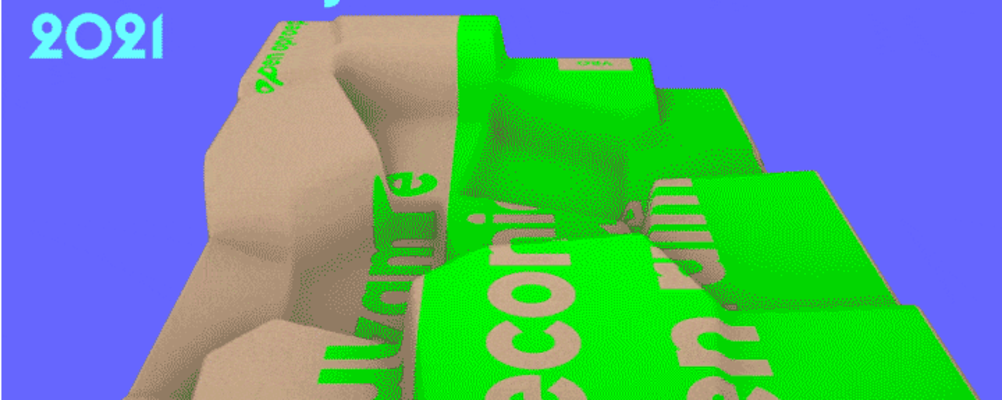Open call: Sustainable economy and space #1
The Open Call for Sustainable Economy and Space #1 focuses on the spatial implications of the economy of the future, which is sustainable, circular, and knowledge-intensive, so that the Netherlands can maintain its position in the top five most competitive countries in the world. Optimal coordination of living, working, and moving in and near the cities and a good business climate in all regions play an important role in this.
Open Call Sustainable economy and space #1
• budget €500,000
• continuous submission from 1 May to 31 July 2021
• contract duration is 1 to 3 months
• €10,000 to €30,000 incl. VAT per innovation voucher
• approximately 25 proposals will be selected
The Netherlands has set itself the goal of being fully circular by 2050. This means that production processes make more efficient use of raw materials, that when new raw materials are needed, they are sustainably produced or renewable as much as possible, new production methods are developed and new products are designed in a circular manner. In addition, greenhouse gas emissions must be reduced by 95% by 2050 compared to reference year 1990. Reducing these CO2 emissions must help slow down and ultimately stop global warming and the associated sea level rise that threatens our country. Both goals, circularity and the reduction of greenhouse gas emissions, have a major impact on our energy generation, mobility, transport and production methods.
A major transition that must and will have implications for the spatial domain. For example, what is the ideal spatial distribution of energy generation and industrial production? What can we do to integrate circular production methods? Is cluster formation a promising ingredient for circularity? Can we go back to more regionally oriented production? What are the spatial consequences of this? What does this mean for the connection with a space? How do we spatially organise the spread of distribution and data centres? What are the most logical and desirable locations for this and how can this be managed? And how does this align with the investment logic and time horizon of internationally operating parties?
For whom?
Interested public or (semi) public organisations, such as municipalities, provinces, water boards, corporations, executive organisations, and umbrella regional partnerships, can submit an application for an innovation voucher together with spatial designers and researchers, and vice versa.
The call is aimed at innovators who want to work in an explorative manner together with local and regional partners on opportunities and solutions for transition challenges to strengthen the resilient business climate in the Netherlands at various scale levels in the future. These vouchers are intended to finance the costs of research by design into a concrete case or design question, with specific attention also being paid to the way in which collaboration takes place and results and insights are shared.
Submittal
Submit your proposal from 1 May to 31 July 2021!
You can find the call on the Creative Industries Fund NL website


